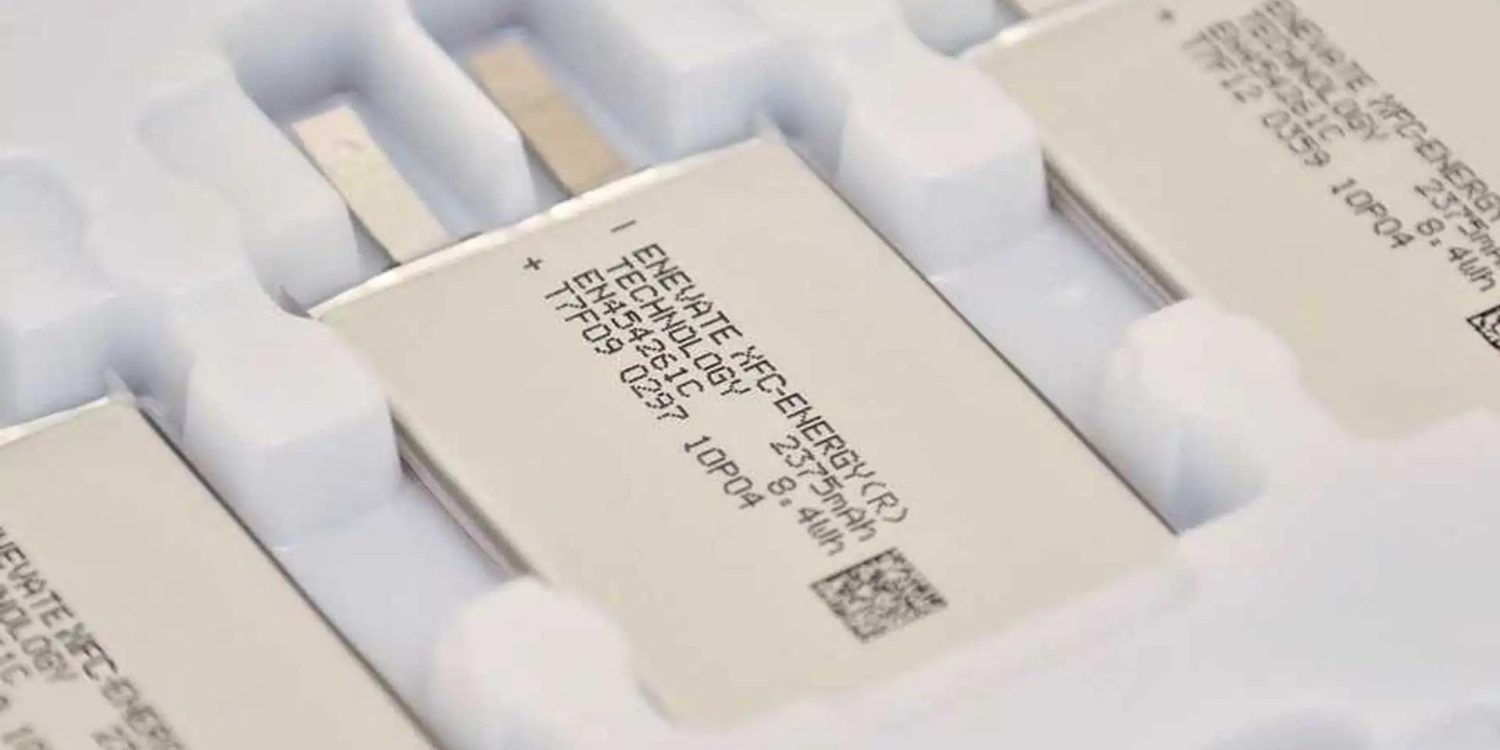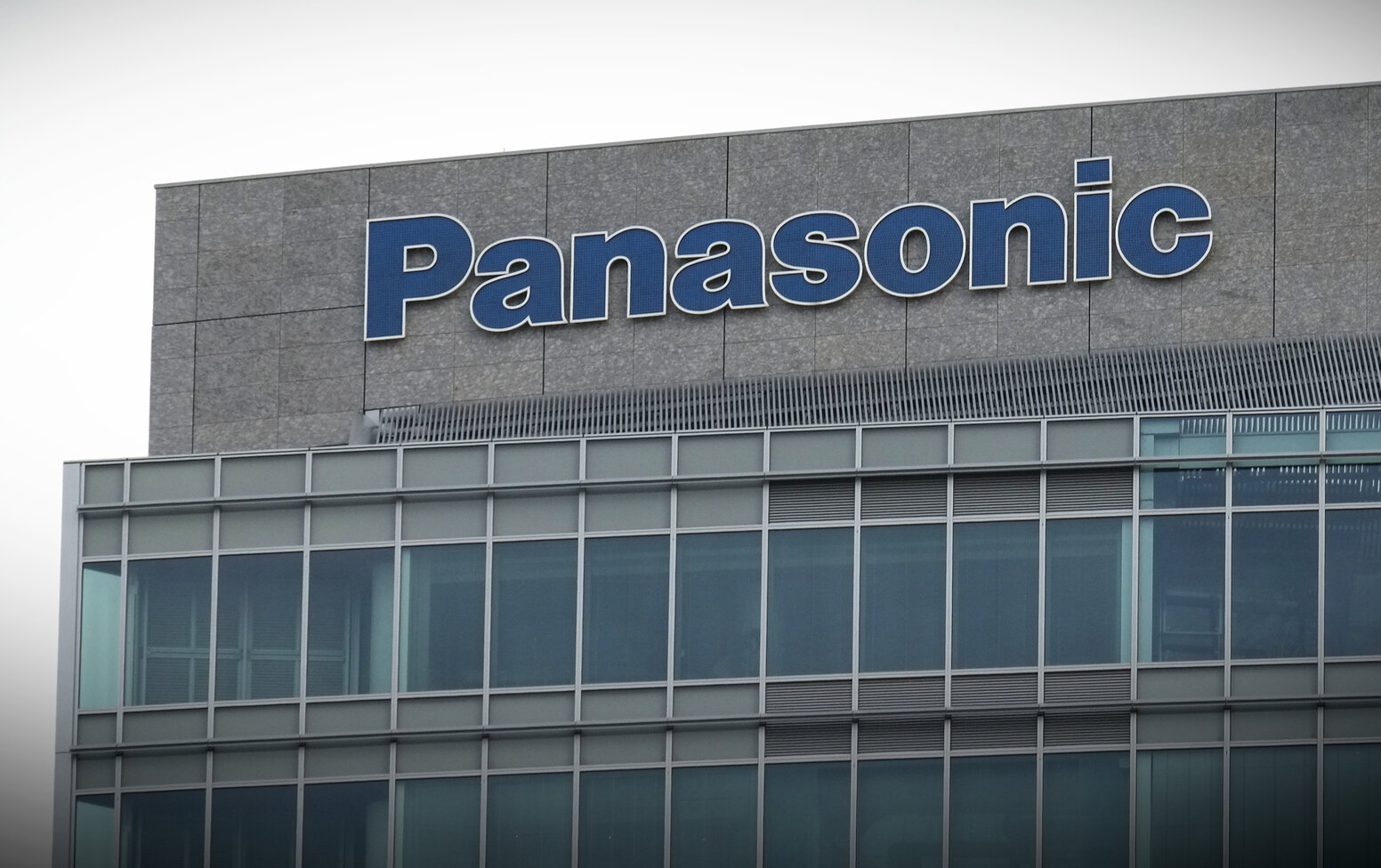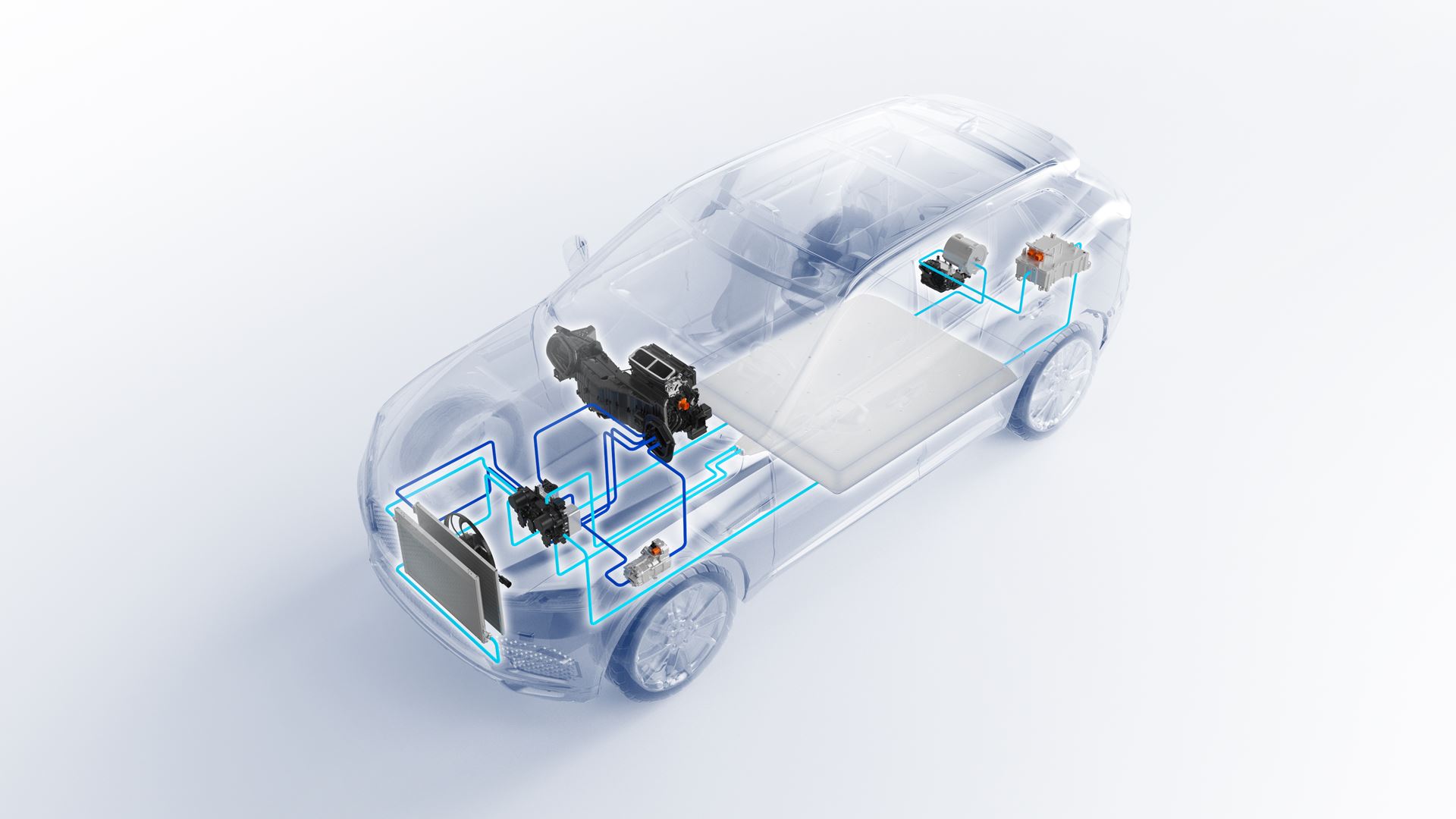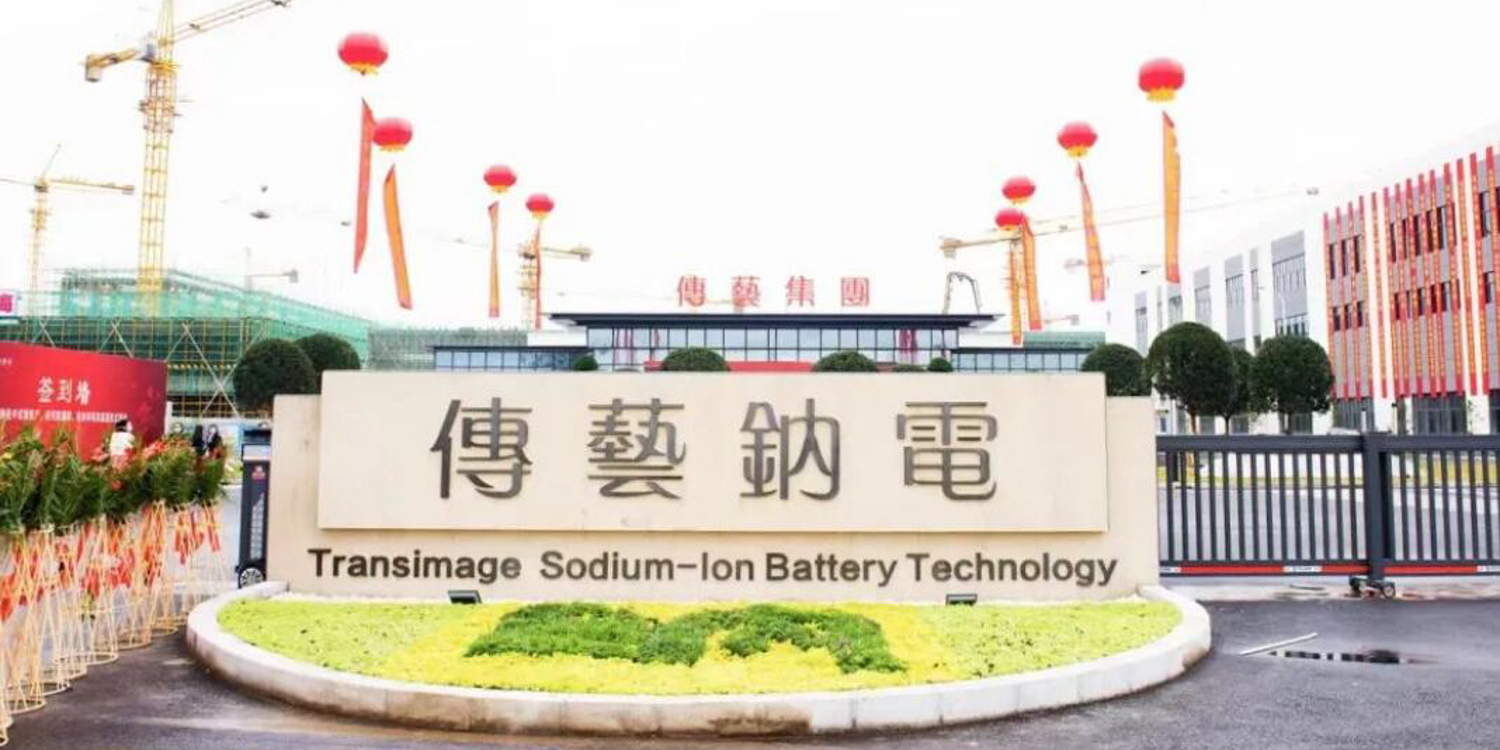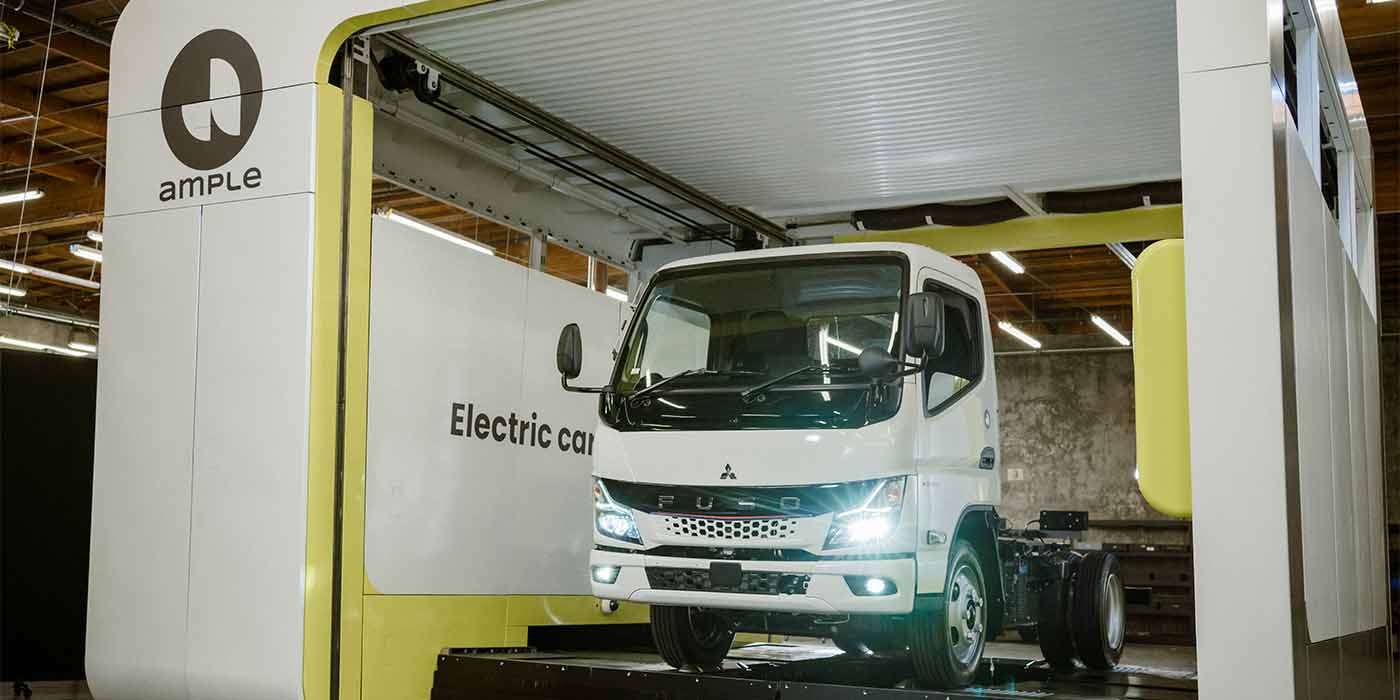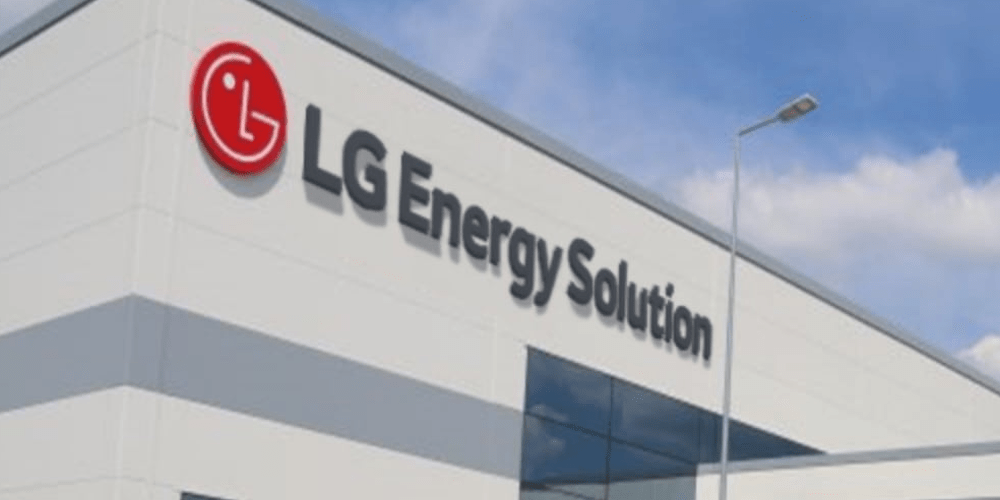In a recent joint announcement, Irvine, California-based Enevate and Korea’s JR Energy Solution revealed their plans to construct a battery cell electrode factory in the United States. The facility will be dedicated to manufacturing customized lithium-ion battery cell electrodes, including anodes and cathodes, while also offering a range of electrode solutions for other clients.
Enevate specializes in developing extreme fast charging EV battery technology, while JR Energy Solution focuses on designing and producing lithium-ion battery electrodes and cells. Utilizing JR ES’s cell foundry model, lithium-ion cell manufacturers can create tailor-made electrodes and cell solutions.
The battery cell electrode foundry facility will offer customers the option to outsource certain aspects of their production, accelerate their development processes, or request custom-made electrodes for testing materials and production equipment. The advantage lies in receiving ultra-high-quality electrodes manufactured using state-of-the-art equipment at mass production speed.
See also: Hyundai to build first EVs production facility in South Korea, targeting production by 2025
Enevate’s CEO, Bob Kruse, expressed enthusiasm about the collaboration with JR Energy Solution, noting that it would be beneficial for the entire US battery industry. The partnership will grant customers access to Enevate’s cutting-edge silicon-dominant battery technology, coupled with JR ES’s expertise in electrode and battery cell manufacturing. Additionally, it will empower customers to expedite their development processes or delegate specific production capacities to the joint venture.
Presently, Enevate and JR Energy Solution are evaluating potential locations within the US for the factory. They intend to establish a paired electrode capacity of up to 6 GWh annually (comprising 6 GWh anode and 6 GWh cathode) through various building stages.
JR Energy Solution has already commenced construction on its inaugural factory in South Korea, expected to become operational in the fourth quarter of this year. The new US-based joint battery cell electrode factory represents a significant step forward in meeting the growing demand for advanced battery technologies within the American market.

